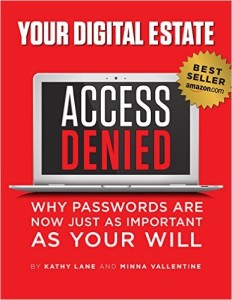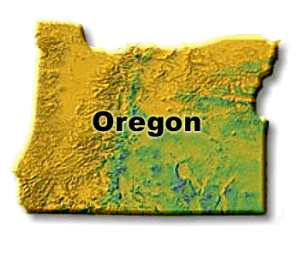 When Michael Jackson died in 2009 at age 50, he left a will that specified what should be done with his assets.
When Michael Jackson died in 2009 at age 50, he left a will that specified what should be done with his assets.
He may not have taken into consideration what those assets would be worth in subsequent years…but the IRS has now done so. There is now a huge dispute between the Internal Revenue Service and Michael Jackson’s estate over what should be paid in estate taxes.
According to Michael Jackson’s representatives, the value of the estate is currently $2,105; according to the IRS, it’s more like $434 million. “With interest and penalties, lawyers estimate the case – set for trial at a Los Angeles tax tribunal in 2017 – could be worth more than $1 billion.” The outcome of this trial could impact celebrity estate planning.
Howard Weitzman, the estate’s lead attorney, that the Michael Jackson name has “experienced a commercial rebirth thanks to the savvy executors who have managed the estate’s assets.” He estimates that Jackson earned no more than $50 million for the licensing of his name and image when he was alive and doesn’t think that what’s been done since Jackson’s death should impact what the estate pays.
It is important to note that this is the first time ever that the IRS is pursuing estate taxes for name and likeness earnings after a celebrity’s death.
If the estate loses the case, Michael Jackson’s heirs will be hit with a huge tax bill. If the IRS wins, this will probably be the first of many celebrity estate cases that it will pursue.
You are probably not worth $434 million and your heirs won’t be faced with this kind of issue when you die.
However, knowing what your estate is worth and putting into place the correct type of plan to protect these assets for your loved one is critically important. If you don’t have a will, you should consult an estate attorney and get one written today. Otherwise, the government will decide what will happen to your assets and your family will have no say in the matter.
For information about estate planning, go to www.diesmart.com.



